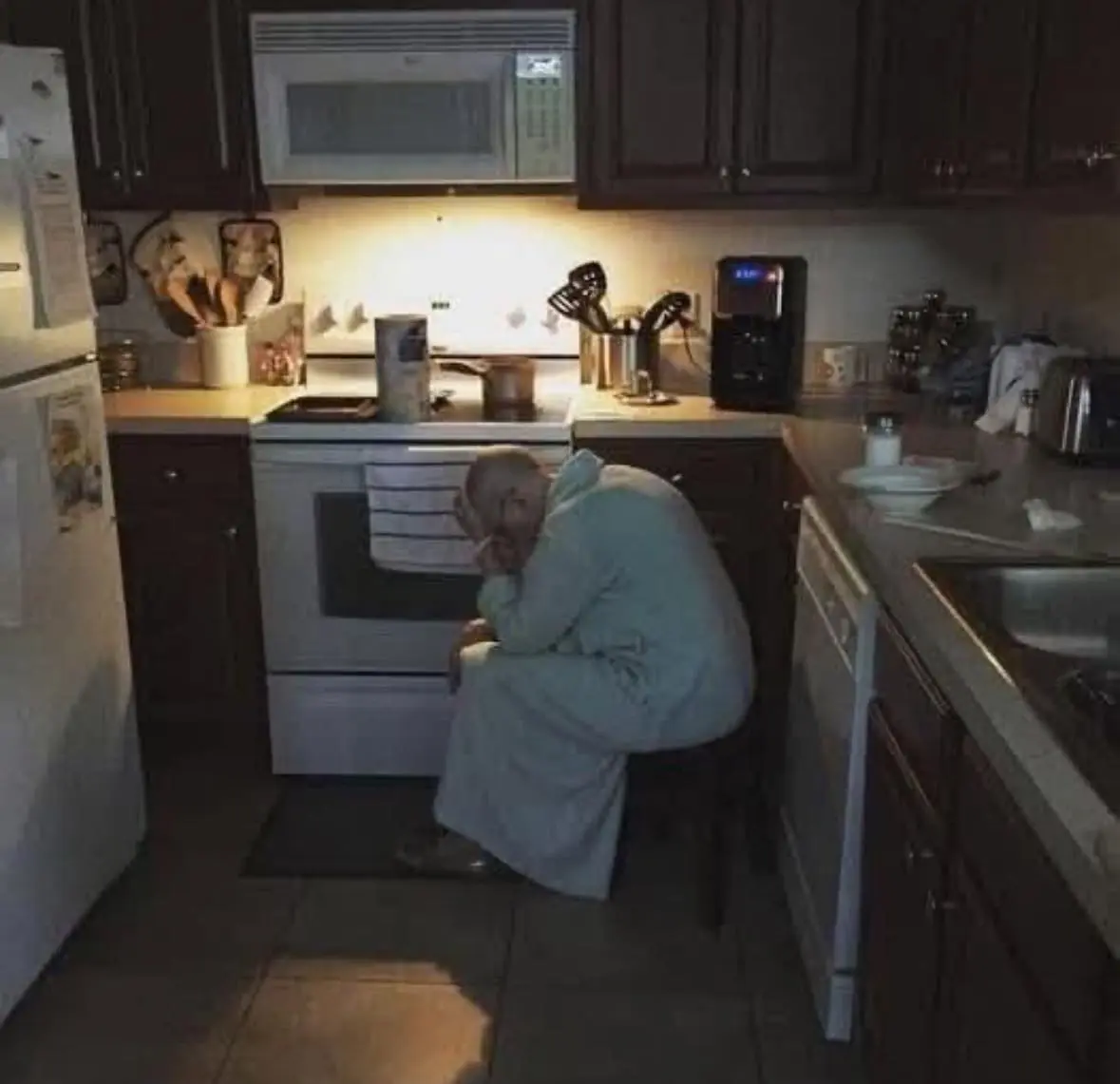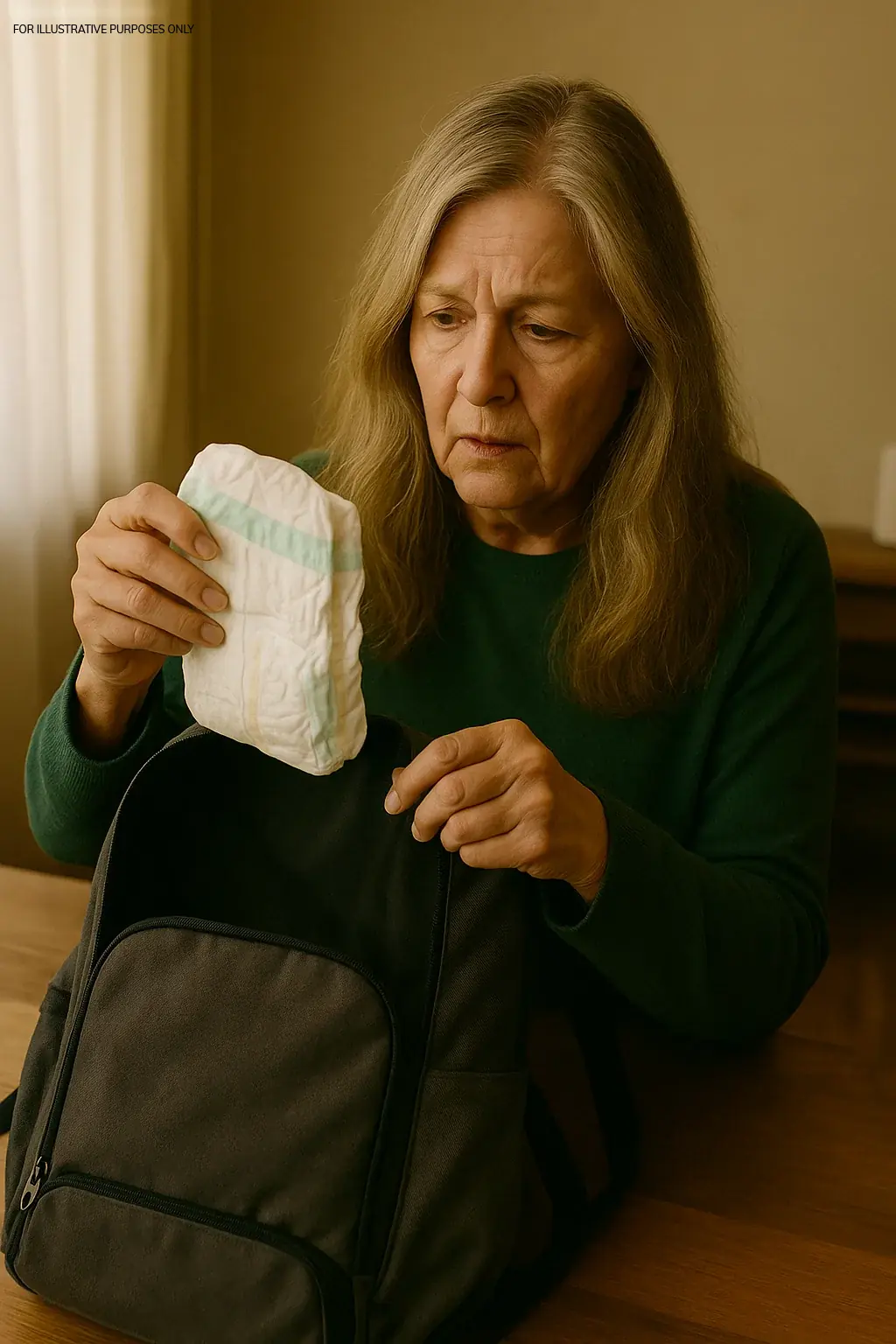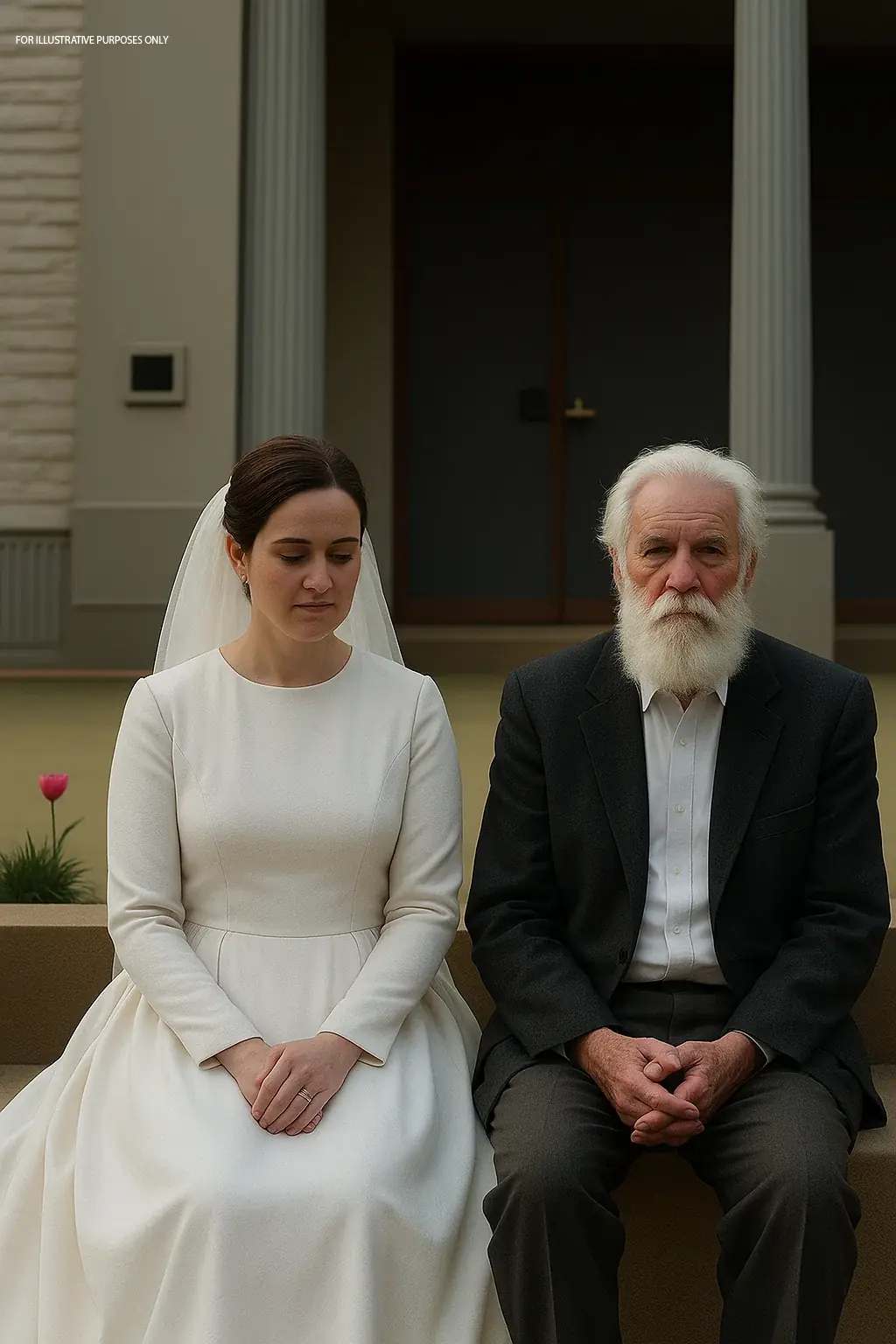A daughter is faced with her aunt's demand to honor a 16-year-old deal over an inherited apartment. Tensions rise as she decides whether to stand up for what’s fair.
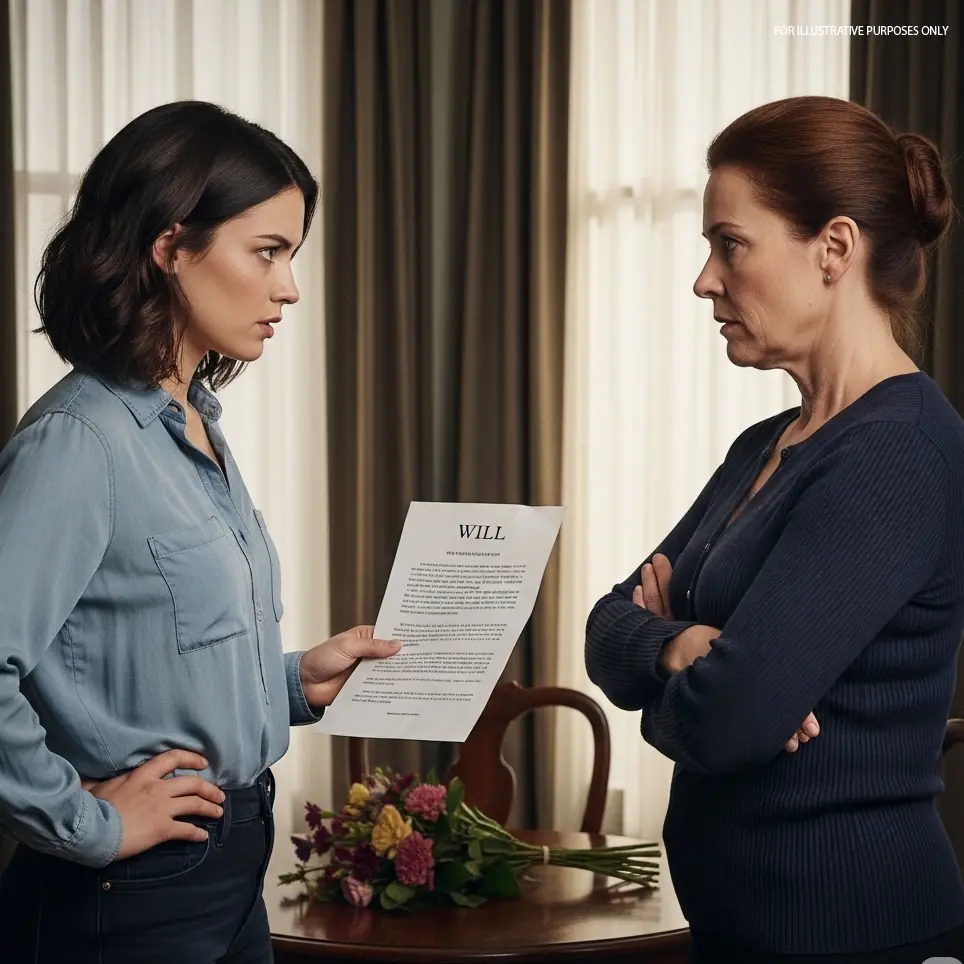 The apartment was quiet, save for the gentle hum of the refrigerator. It had been that way for months since my mother passed away. The space felt empty, not because of the absence of furniture or possessions, but because my mother had been the heart of it. She’d spent years maintaining it, filling it with memories, and when she passed, it was left to me, her only child, to decide what to do with it.
The apartment was quiet, save for the gentle hum of the refrigerator. It had been that way for months since my mother passed away. The space felt empty, not because of the absence of furniture or possessions, but because my mother had been the heart of it. She’d spent years maintaining it, filling it with memories, and when she passed, it was left to me, her only child, to decide what to do with it.
I had always thought of it as my mother’s legacy to me. Something to carry forward and preserve. But I never expected the complicated web of family drama that would follow.
It started when my Aunt Sarah approached me, casually mentioning the apartment during a family gathering. “You know, we really need to sort out the apartment,” she said, her tone light but purposeful. She’d always been that way — charming, with a hint of entitlement that I had grown used to over the years. But this time, something in her voice was different.
“What do you mean?” I asked, furrowing my brows.
“I’ve been thinking about it,” she continued. “It’s time we finalize everything with the apartment. You know, I had a deal with your mother all those years ago. She agreed to sell me her share.”
I had heard bits and pieces of this story over the years. Apparently, my aunt and my mother had come to some kind of arrangement about buying out my mother’s share of the apartment when I was just a child. A vague memory flickered in my mind — my mother telling me how the apartment was meant to stay in the family. But no details had ever been written down. No contracts. No legal documents.
“You know, I’m happy to honor what my mother promised, but I’m not sure I can agree to just a verbal agreement from sixteen years ago,” I said carefully, still unsure of where this conversation was headed.
“Oh, don’t worry about that,” she waved off my concerns, “It’s all in the past. I just need your help in transferring the shares. I’ll sort out the payment once I’ve got the proper paperwork in place.”
It sounded simple enough, but my gut told me otherwise.
Weeks passed, and Aunt Sarah continued to press the matter. She’d mentioned the apartment on a few more occasions, each time in more urgency. But it was clear that she was hoping I wouldn’t question the terms of the deal too closely.
Then one day, just as I was going through my mother’s old belongings, sorting through papers, and looking at the life she had left behind, the phone rang.
“Hey, sweetheart, it’s Aunt Sarah. I need to talk to you about the apartment.”
I braced myself. “What about it?”
“Well, it’s been a while, and we really should finalize things. You know, your mother and I made a deal. She agreed to sell me her share of the apartment a long time ago, and we never really followed through with it. I’d like to get that sorted out now, if possible.”
I bit my lip, struggling to keep my calm. “Aunt Sarah, I’ve been thinking about it, and I’m not sure I can honor the agreement. The value of the apartment has gone up by a lot since your conversation with my mom. It’s worth so much more now than it was back then.”
There was a long silence on the other end. Then, her voice, cold and sharp, came through. “You’re being unreasonable. Your mother agreed to sell me her share. You can’t just ignore that. I’m asking you to be reasonable, and help me finish what we started.”
I felt a knot tighten in my chest. I wanted to trust her, to honor what had been said, but everything inside me told me it wasn’t fair. It wasn’t right.
“I’m sorry, Aunt Sarah, but I don’t think I can sell you my share for what it was worth sixteen years ago. I have to be fair to myself,” I said, trying to keep my voice steady.
Her response came swiftly, and with a venom I hadn’t expected. “I should’ve known you would pull this stunt,” she hissed. “You’re just like your mother. Always thinking about money. Always trying to get the best deal. What happened to family? To loyalty? Don’t think for a second I won’t take you to court over this.”
The threat was out there, and I felt the weight of it. Court? The idea of a legal battle, of fighting over what should have been a simple family arrangement, made my blood run cold. But I couldn’t back down now. I had to stand firm, for my mother and for myself.
“I’m not going to fight you over this, Aunt Sarah. I’m asking for a fair price, not a handout,” I said, my voice now tinged with anger. “If you can’t meet that price, then we need to talk about what to do next.”
The next few days were tense. I couldn’t stop thinking about my aunt’s words. The way she had manipulated the situation, how she had tried to make me feel guilty for standing up for myself. My thoughts were a whirlwind, my emotions a mix of betrayal and frustration.
Then, a few days later, my phone buzzed again. It was a message from Aunt Sarah.
“Your mother and I had an agreement. I’ve paid my dues. If you won’t honor the deal, I’ll have no choice but to take this to court. Don’t force me to go down that path.”
I let the words sink in, each syllable like a punch to the gut. Was she really willing to take this to court over an old agreement? Over something that was never written down? Was she that desperate to get her hands on the apartment?
I sat in silence, the weight of the decision pressing down on me. What would my mother have wanted? I had to remember the values she’d instilled in me, the way she had always emphasized fairness, kindness, and family. But my aunt’s actions were a far cry from those values.
The next day, I called a lawyer.
I didn’t want to escalate things. I didn’t want to drag my family through a legal battle. But I had to do what was right for me. And for my future.
The lawyer explained my options and helped me draft a letter to Aunt Sarah, offering a fair price for the apartment based on its current market value. It was more than I had originally wanted, but it was the only way to ensure that I was being fair.
I sent the letter, and then waited. The silence was unbearable. I didn’t know what would happen next. Would Aunt Sarah back down? Would she sue me?
Days passed. And then, on a rainy evening, the phone rang.
It was Aunt Sarah.
“I’ve thought about it,” she said, her voice much softer than before. “You’re right. The value of the apartment has gone up. I’ll pay the current price. But don’t think this is over. You’re going to have to prove that you’re worthy of what you’re asking for.”
I sighed with relief, but there was still a part of me that couldn’t forget the threats, the manipulation. I didn’t trust her anymore. But I had won this round.
And when it was all said and done, I sold her the share of the apartment. The money went into an account that I could access when I needed it, and I walked away from the situation with a clearer sense of who I was—and who I was willing to fight for.
As for Aunt Sarah? Well, I learned that family doesn’t always mean loyalty, and sometimes, the ones who claim to have your back are the very ones who will try to tear you down when you least expect it.
The experience left a mark on me, one I won’t soon forget. But I had fought for what was right, and that’s what mattered most.
The price of a legacy is not just measured in money, but in the lessons we learn about family, loyalty, and standing up for what we believe in.
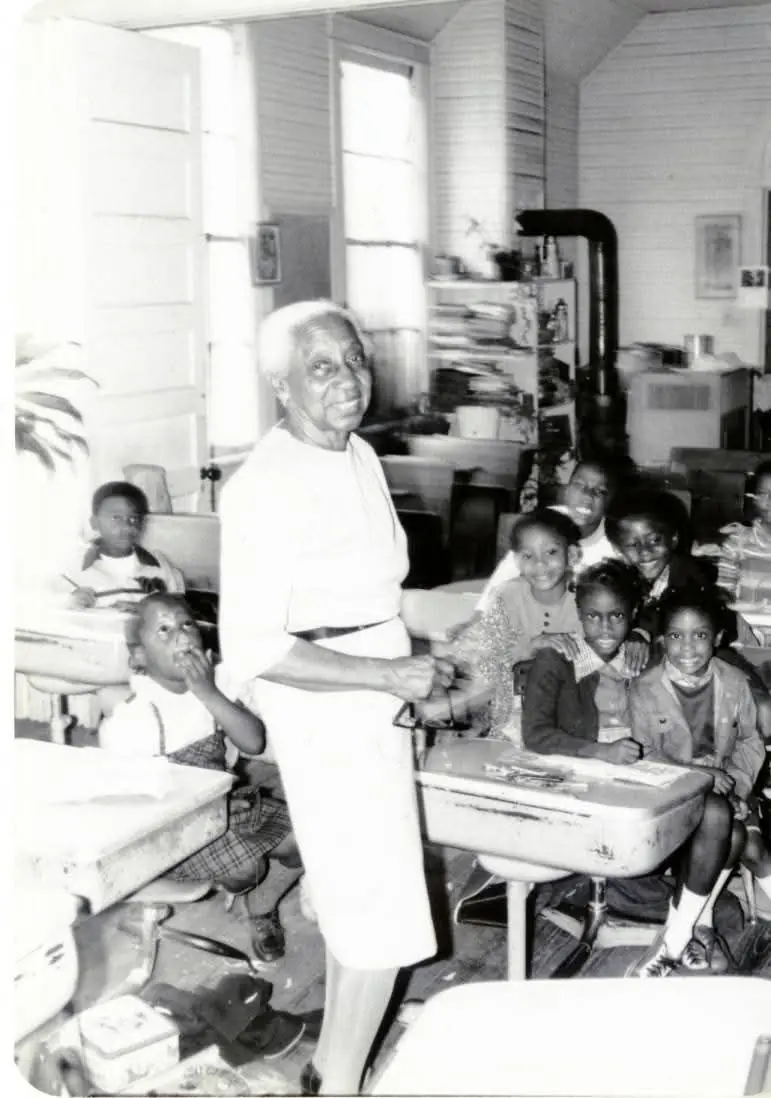
 The apartment was quiet, save for the gentle hum of the refrigerator. It had been that way for months since my mother passed away. The space felt empty, not because of the absence of furniture or possessions, but because my mother had been the heart of it. She’d spent years maintaining it, filling it with memories, and when she passed, it was left to me, her only child, to decide what to do with it.
The apartment was quiet, save for the gentle hum of the refrigerator. It had been that way for months since my mother passed away. The space felt empty, not because of the absence of furniture or possessions, but because my mother had been the heart of it. She’d spent years maintaining it, filling it with memories, and when she passed, it was left to me, her only child, to decide what to do with it.

